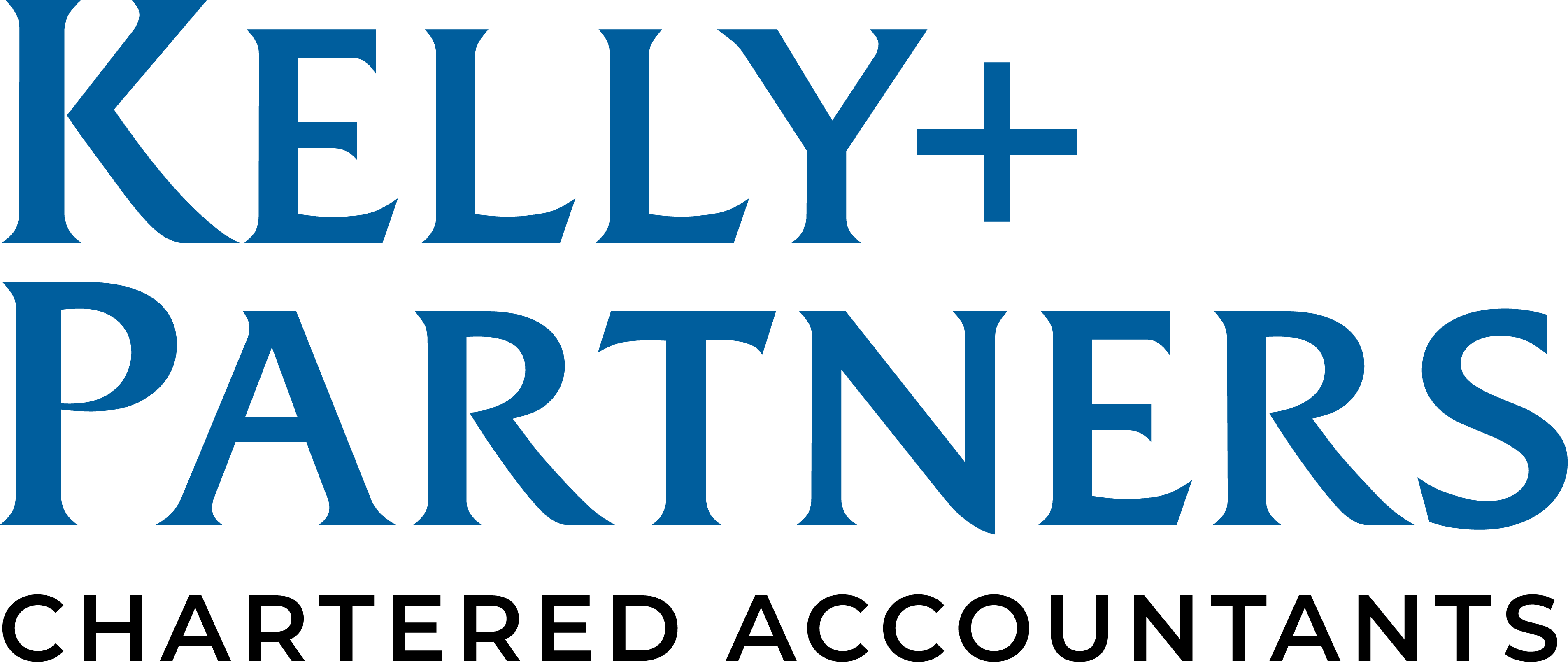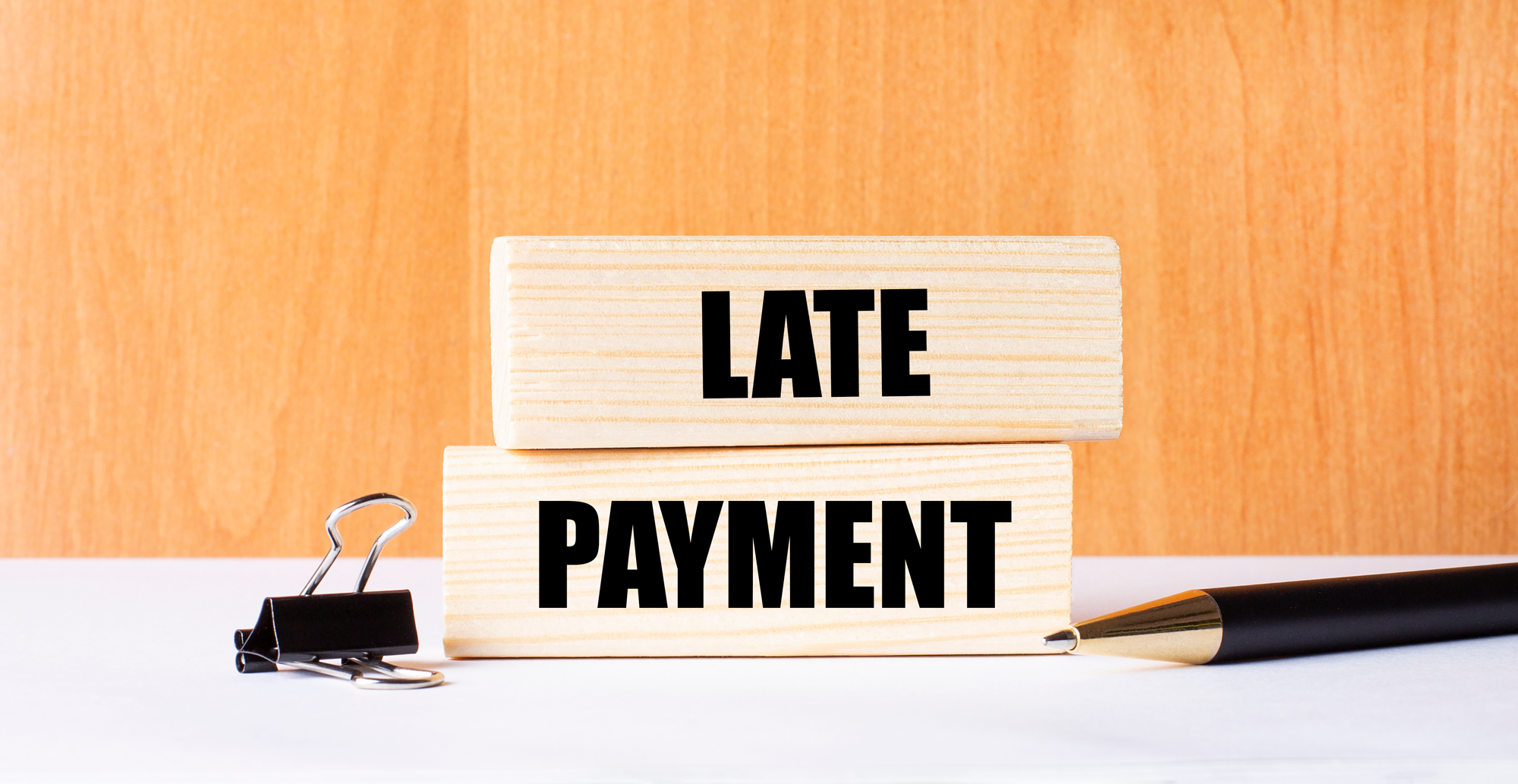Business Start Up Corner - Confessions of a Failed Business Start-Up
 Over the years we have had hundreds of people approach us about starting a business. It’s exciting when you have that ‘light bulb’ moment that could be your ticket to financial success, however, it takes more than a great idea to create a great business.
Over the years we have had hundreds of people approach us about starting a business. It’s exciting when you have that ‘light bulb’ moment that could be your ticket to financial success, however, it takes more than a great idea to create a great business.
We have identified some of the biggest mistakes a start-up business owner can make and for retailers, location is a big one. Cost conscious start-ups often settle on a location based on price. If your business needs foot traffic then you need to invest in the right location. Is parking critical? Do you need a shopfront and will the lease allow prominent signage? If you think great service will compensate for a poor location, think again. From an accountant’s perspective it’s so frustrating to hear a client tell us they have signed a 3 year lease on a commercial property in the wrong location. For example, we have seen hairdressers set up in small shopping strips competing with 5 other hairdressers and frozen yoghurt shops pop up in an area where there are no local schools. Size is also important and if the business takes off then you could be bursting at the seams looking for new premises and trying to sub-lease the old premises.
Another obvious mistake is a lack of finance. Many start-ups go into business with big dreams and shoe string budgets. They didn’t plan for all the start-up costs and run out of money before the business even had a chance to find its feet. Expenses like insurance and signage are often overlooked while legal fees, website development and marketing costs are often under estimated. You need to identify every cost in the planning phase and produce revenue forecasts based on reasonable assumptions. You also need to have a finance buffer because the day you open the doors doesn’t mean instant sales and cash flow.
Your cash flow budget should prove the viability of your business and a positive cash flow just doesn’t happen, it needs to be planned. History tells us that any business that fails to accurately forecast its cash flow in the first 12 months is on a collision course and your cash flow budget is designed to:
- Forecast your likely cash position at the end of each month
- Identify any fluctuations that may lead to potential cash shortages
- Plan for your taxation payments
- Plan for any major capital expenditure, and
- Provide prospective lenders with key financial information.
Another pitfall for start-ups is building a website in haste that resembles an ‘electronic billboard’. It simply lists the who, where and what of the business. Your website can be the difference between boom and gloom so you need to carefully plan your website and the content should target your ideal type of customer. Your website should be your marketing heart and be high on your list of priorities, not something left to do a week out from the launch of the business.
Lots of entrepreneurs have a ‘build it and they will come’ mentality when it comes to websites but the search engines like Google can take 3 to 6 months to index your content. That means your business could be almost invisible during this time. To fast track your online results you also need to build inbound links from other websites, have a Google+ account, create a YouTube account and videos plus create social media channels.
All too often entrepreneurs get caught up in the product development stage without planning the marketing and distribution. Unfortunately, a business with a great product but no distribution channel will never achieve its full profit potential.
 The marketing plan starts with identifying your ideal customers. If you know the type of customer you are ‘fishing’ for you can identify the appropriate marketing ‘bait and tackle’. Your target market could be characterised by a certain gender, demographic, geographic location or level of disposable income. Do they spend time online? If so, which social media platforms should you target? For example, Facebook ads let you narrow down an audience so you can target certain demographics and their particular interests.
The marketing plan starts with identifying your ideal customers. If you know the type of customer you are ‘fishing’ for you can identify the appropriate marketing ‘bait and tackle’. Your target market could be characterised by a certain gender, demographic, geographic location or level of disposable income. Do they spend time online? If so, which social media platforms should you target? For example, Facebook ads let you narrow down an audience so you can target certain demographics and their particular interests.
Before you pull the trigger and launch your business you also need to create a brand, build a lead generation website full of targeted content and plan the production of blogs, videos and other content. Failing to plan is planning to fail and a lot of people in start-up mode are impatient. They’ve invested a lot of time thinking about their business idea and can’t wait to take it to market. In some cases, the business launch is almost an obsession, but without planning and forward thinking you’ll find issues emerge that you never considered and they could stop you in your tracks. For example, insurance can seem like just another cost in a bottomless list of expenses, however, the moment you ‘flick the switch’ and open your doors, accidents can happen. Public liability insurance can’t be put off until tomorrow if you have customers walking in your premises today.
A business plan provides a blueprint for the future and it forces you to address your business’ strengths, weaknesses, opportunities and threats. It should also incorporate a marketing plan, finance plan and address all the legal issues like contracts and leases. As you know, starting a business can be a frantic time, full of pressure and deadlines. As a consequence, it’s easy to cut corners and ignore professional advice but are the terms of your lease exactly what you expected? Have you got the right business structure in place with adequate asset protection if things turn sour? Are your contracts water tight and do you have the appropriate insurances in place? Entrepreneurs in a hurry often lose focus on what’s important and overlook legal and accounting advice.
In business, passion, persistence and hard work are essential but there is no substitute for solid foundations. You need the right structure, location, marketing plan, website, insurances and accounting software to succeed. If you’re looking to start a business or need advice on how to bring your business concept to life, talk to us today.
Click HERE to download the full edition of The Business Accelerator Magazine for September 2015.
Other articles in this edition:
- 4 Ways to Grow a Business
- How to Stalk Prospects who Visit Your Website
- Franchising... Risk & Return
- Marketing Corner - It's Not All About You
- Work Related Expenses & Rental Property Claims Under Scrutiny
- Business Changes in 2015/16
- Dealing With the ATO











